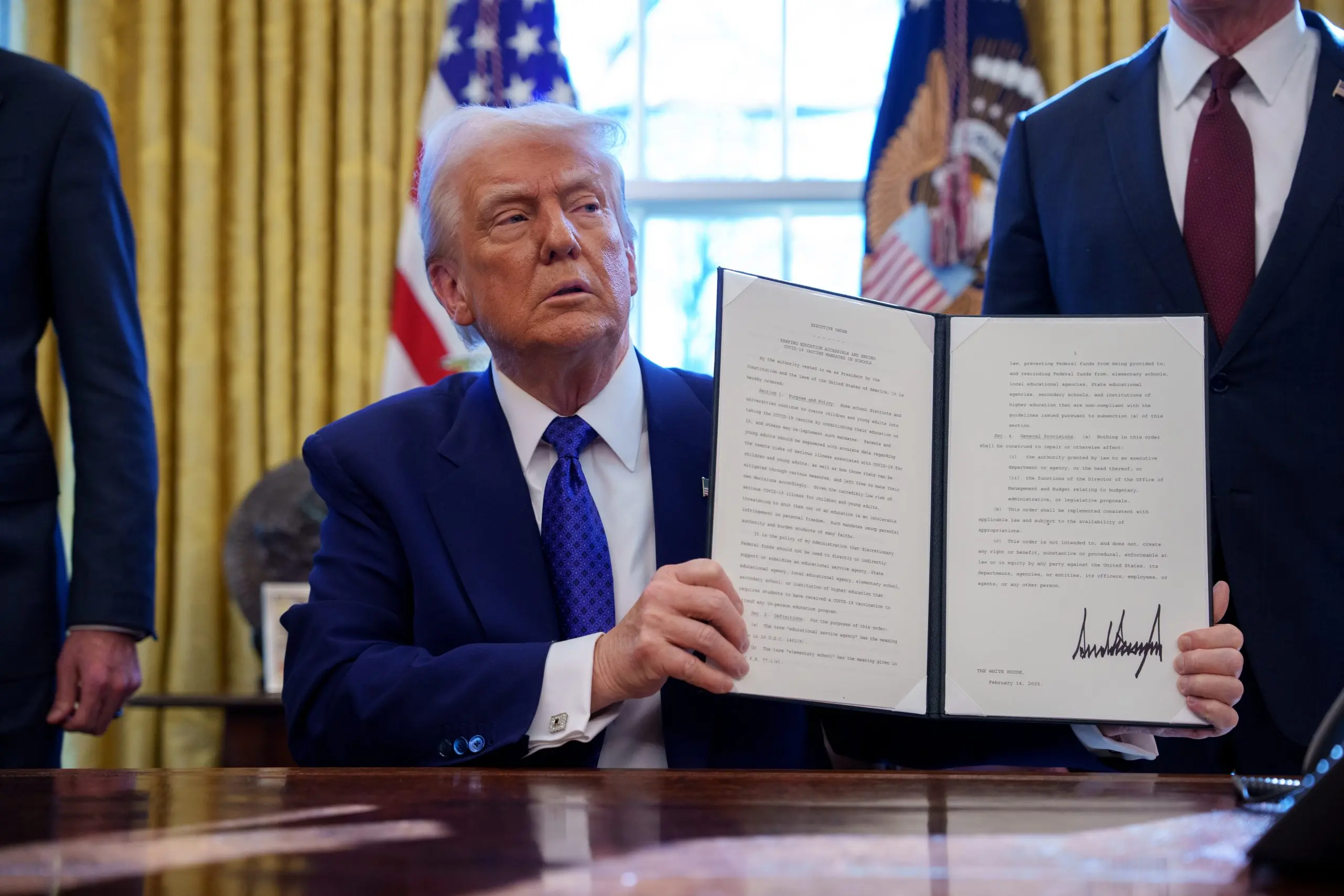Trump’s birthright citizenship policy gets boost from Supreme Court ruling

President Donald Trump is pushing to end birthright citizenship in the United States, and a recent Supreme Court decision has brought him closer to achieving that goal. The decision to limit universal injunctions has paved the way for Trump’s new policy to potentially take effect in some parts of the country.
Carrie Severino, president of the conservative legal advocacy group JCN, emphasized that the logistics and application of Trump’s policy are still uncertain at this stage. The Supreme Court’s ruling, issued on June 27, prevented Trump’s executive order from being immediately enforced, giving a 30-day window for further legal proceedings.
The legal battle over birthright citizenship began with several Democratic-led states and immigration rights groups challenging Trump’s executive order, which aimed to restrict automatic citizenship for babies born to noncitizens in the U.S. The order clashed with the 14th Amendment, which grants citizenship to most babies born on American soil.
Federal Judge John Coughenour criticized the Trump administration’s approach to changing birthright citizenship, urging the president to work with Congress to amend the Constitution rather than circumvent it through executive orders.
In response to the Supreme Court’s decision, plaintiffs in Maryland requested a class action lawsuit covering all babies born after the potential implementation of Trump’s policy. This move, along with other legal maneuvers, is testing the boundaries of the court’s ruling on injunctions.
While the Trump administration has the authority to enforce its policy nationwide, individual court decisions may still impact its implementation. Michelle Lapointe of the American Immigration Council warned of the human cost of potentially rendering babies stateless in certain parts of the U.S. if broad injunctions are not issued.
Looking ahead, the constitutionality of Trump’s birthright citizenship policy is likely to reach the Supreme Court, where justices will have to weigh in on the interpretation of the 14th Amendment. Legal experts anticipate a debate on the historical context and language of the amendment, particularly the clause regarding jurisdiction.
The administration’s argument for curbing birthright citizenship revolves around preventing abuse and incentivizing legal immigration. However, judges have consistently upheld the long-standing practice of granting citizenship to babies born in the U.S., with few exceptions.
As the legal battle unfolds, the fate of birthright citizenship in America hangs in the balance, with the Supreme Court poised to make a definitive ruling on Trump’s controversial policy.




